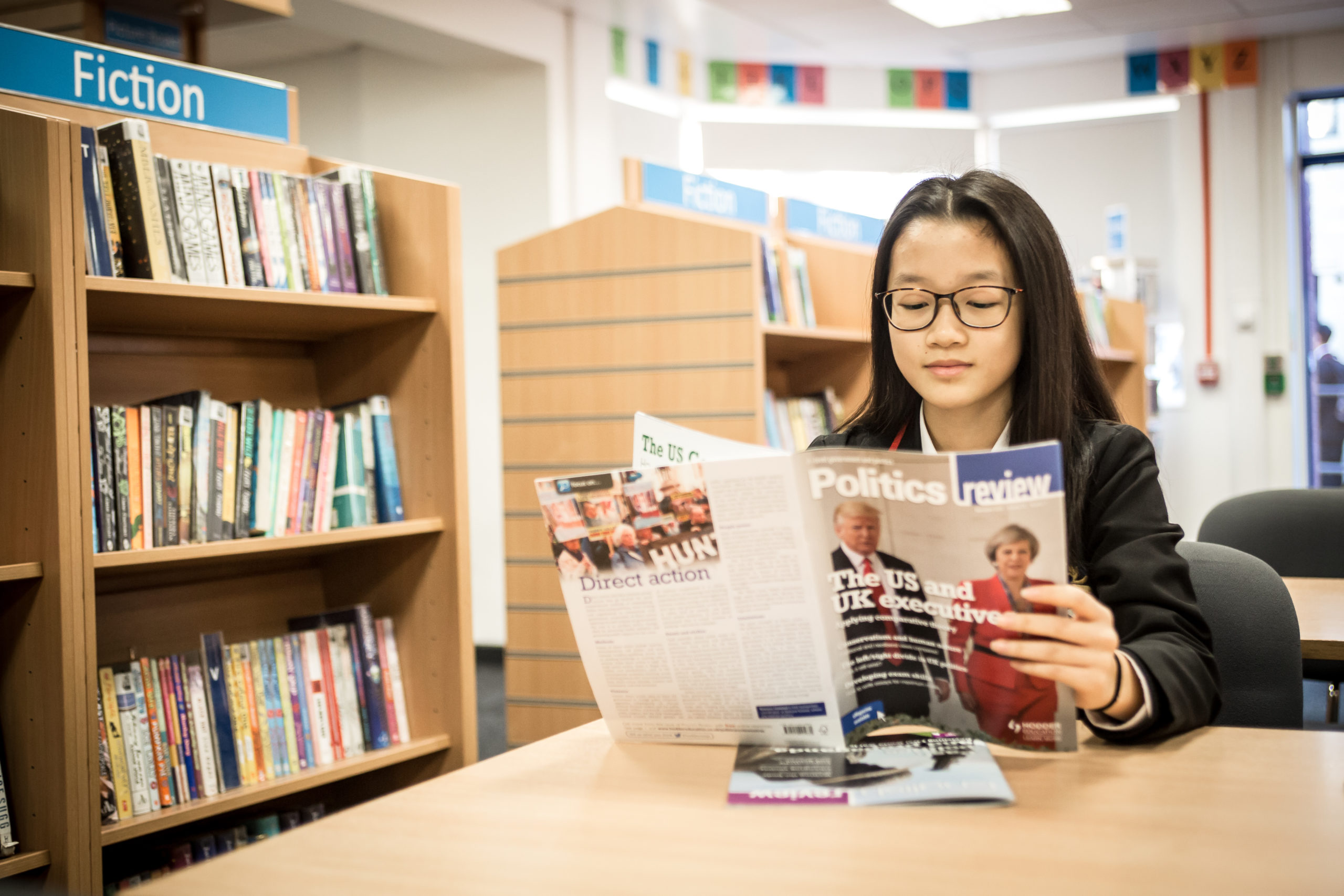
Why reading matters:
- It is a simple truth: Successful reading helps determine academic success. Reading proves “the master skill of school”.
- Reading is critical to support academic transition. Reading in Year 7 is often founded on reading dense informational texts for almost all of the school day, and marks a significant shift between primary and secondary school.
- Those who read for just 30 minutes per week are more likely to report greater life-satisfaction and self-esteem.
- Reading improves academic outcomes in ALL subjects – interestingly the positive impact on test scores in Maths is even higher than that in English Literature or History.
- The Department for Education and Skills have published excellent guidance for parents around how best to support their children with reading at secondary school. Click here to read the report.
The importance of word-richness and vocabulary:
- For full comprehension of a text, a student must understand 90-95% of the vocabulary, and so this is the first step to accessing high quality informational texts (including exam papers)
- On average teenagers hear just 100 word families (e.g. run, running, ran, runs) approximately 50% of the time in spoken language
It is important therefore that young people hear, understand and are able to use a wide range of general academic words – As such, our teaching prioritises the teaching of core vocabulary as an essential part of a knowledge-rich curriculum. To maximise this even further, consider using more academic words when talking to your child.
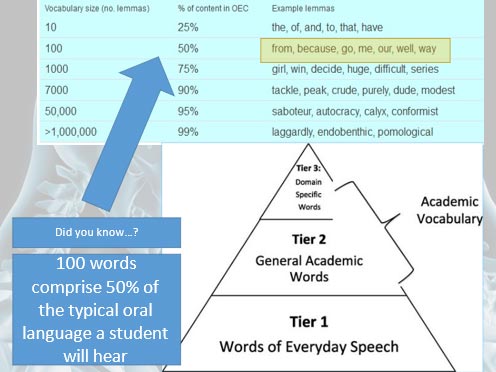
Literacy at Lymm High School
- ‘Every student a reader’
- Universal classroom approaches for all students
- Bespoke literacy intervention for students in need of reading recovery or additional support
- 2 intertwined strands – Reading for Pleasure & Reading for Understanding
Upon entry to high school, Year 7 students reading ages are tested, so that we can best support students via classroom support or targeted intervention.
Specific Reading Recovery Interventions:

Read, Write Inc: Fresh Start Programme (Reading Ages 6-7)
Delivered at form time, and led by trained teaching assistants, Read Write Inc. Fresh Start is a catch-up and intervention programme with proven results, for 9 to 13-year-olds still learning to read. It offers a simple but powerful solution to accelerate reading progress in just 25 minute sessions
Fresh Start teaches students at their challenge point, so they learn to read accurately and fluently. They will also develop good comprehension, spelling and punctuation skills through targeted activities.
Resources are age-appropriate, matched to students’ increasing knowledge of phonics, and finely levelled to accelerate progress.
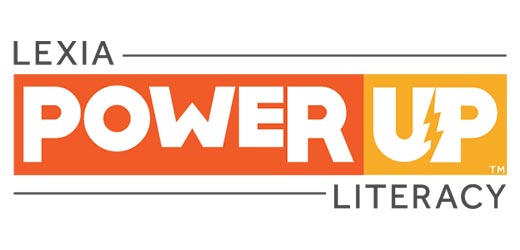
Lexia Power Up Literacy Programme (Reading Ages 8-10)
PowerUp Literacy® targets Key Stage 3 pupils who lack the basic reading, academic vocabulary and the comprehension skills necessary to fully access and engage in the secondary curriculum.
Program Structure:
Lexia incorporates a structured and systematic approach to literacy instruction that builds upon prior learning in a sequential manner—from simple to complex, ultimately reducing dependency on the teacher and transitioning responsibility to the student.
PowerUp Literacy® initially assesses students’ reading abilities and automatically places them at the appropriate level in 3 Study Strands:
- Word study – targets gaps in basic reading skills and develops academic vocabulary.
- Grammar – improves written composition and reading comprehension.
- Comprehension– teaches the skills required for higher order text analysis.
Once placed, students work independently on each strand where they can monitor progress on their personal dashboard. To support independent learning and maximise time on the program, Lexia® PowerUp Literacy® Reading can be used at home and is available on multiple devices including iPad®.
This software-based programme is completed during intervention at form time, but can also be completed at home for even greater impact. Supervised by teaching assistants, students are rewarded and incentivised for their engagement and progress through the units.
Literacy Across the Curriculum
Research suggests that 14-year olds who read often and independently know 26% more words than those who never read. Not only this, knowing a range of high-quality academic vocabulary also improves reading skills.
Therefore, in all lessons:
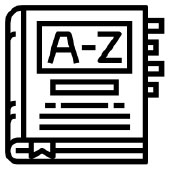
Teachers promote subject-specific vocabulary, encouraging students to use the academic words that are essential for that subject. Students in Years 7-9 can find this vocabulary on their knowledge organisers for each subject, and can also find general academic vocabulary lists in their booklets too.

Teachers promote active reading for better comprehension skills. Students are expected to ‘track’ when reading in the classroom (for example using a finger, ruler or bookmark) and are always challenged to retrieve information.
Core English Lessons – Reciprocal Reading Skills
Not only does our English curriculum include more whole texts and challenging literature than ever before, it also includes a bespoke reading programme. To boost reading power, specific comprehension and reading skills are taught in weekly lessons. Each week, KS3 students take part in our guided reading lessons where the focus is on reading and understanding whole texts and building fluency. The books chosen link directly to our core English curriculum to encourage greater depth and understanding of the English concepts being taught in lessons, while also building active reading skills.
To promote active reading, students are taught 4 core reciprocal reading skills, and carry out these distinct reading roles each lesson:
Great Readers . . .

Predict – They make educated guesses about what might happen in the story based on inferences

Summarise – They summarise what they have read in their own words to check understanding

Ask questions – They listen to the questions going through their head as they read. They ask and discuss these questions with others

Clarify – They check the meanings of words and ideas they don’t understand so that they can fully enjoy and picture the events, settings and characters
Texts studied include…
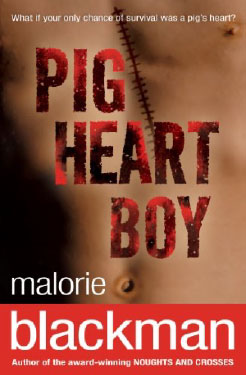
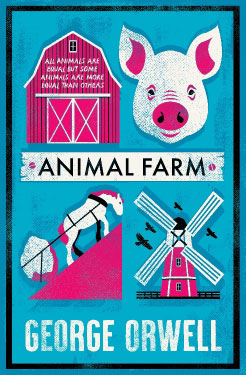
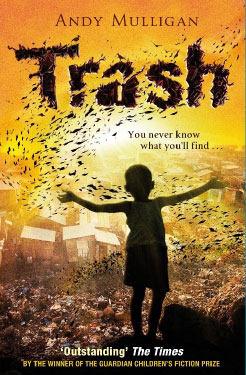
Reading For Pleasure
Not only do we have a fully resourced and staffed Independent Learning Centre (Library) at Lymm High School, but all students also have free access to the SORA reading app.
More information about downloading and using the SORA app can be found here.
Alongside a challenging and exciting core English curriculum, we encourage students to read for pleasure through a range of activities, seasonal events, library lessons, whole school assemblies and events
You can view our recent assembly about the powerful impact of reading, and our ’14 before 14’, and ‘16 before 16’ reading challenges here.
To find out more about our Independent Learning Centre, please click here.